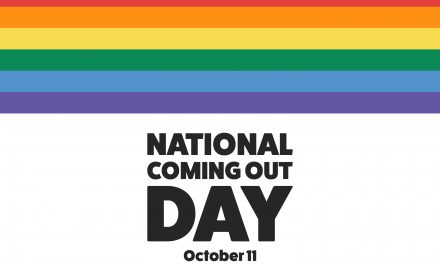(Photo Credits: Rawpixel.com from Shutterstock)
A new Pew Research Center analysis reveals a strong and shared interest in marriage among LGBTQ and non-LGBTQ adults under 50. Among those who have never been married, 59% of LGBTQ adults and 63% of non-LGBTQ adults say they would like to get married someday.
This trend transcends sexual orientation, highlighting that the desire for legal or symbolic union remains compelling across communities. Interestingly, the younger cohort—ages 18 to 29—shows even stronger support for marriage compared to adults aged 30 to 49. In the LGBTQ group, 67% of younger adults express a desire to marry, compared to just 48% among older peers. Non-LGBTQ respondents show a similar pattern (73% vs. 49%).
When it comes to parenting, gaps begin to appear. Among adults without children, only 33% of LGBTQ individuals under 50 want kids someday, compared to 47% of their non-LGBTQ peers. Notably, 39% of LGBTQ respondents say they don’t want children, against 23% among non-LGBTQ adults. A significant portion of both groups—about 28% to 29%—remains undecided. (Pew Research Center)
The outlook on marriage among those previously married also shows divergence. Among adults under 50 who are divorced, widowed, or separated, 46% of LGBTQ individuals want to marry again, compared to 33% of non-LGBTQ individuals. A larger proportion of non-LGBTQ respondents were unsure (37% vs. 25%) about remarrying.
This data comes from two surveys conducted in early 2025, as part of Pew’s ongoing series exploring LGBTQ Americans. The findings underscore that, despite different life paths, marriage remains a widely valued institution. Yet, the desire to start a family varies more significantly between LGBTQ and non-LGBTQ individuals—pointing to evolving social and personal dynamics.
These findings come a decade after the Supreme Court legalized same-sex marriage in Obergefell v. Hodges. Now, there’s growing concern over the stability of that decision. Legal advocates have raised alarms as state legislatures introduce anti-LGBTQ measures, and questions linger regarding the long-term fate of the Respect for Marriage Act, which offers federal-level protections but may not withstand a weakened judicial landscape.
Despite these legal uncertainties, the latest Pew data reveal consistent interest in marriage across sexualities and identities — a sign that the value placed on committed partnership remains strong among younger Americans. For more information about this study, read here.










homosexual legitimacy through heterosexual legitimacy [of marriage]?